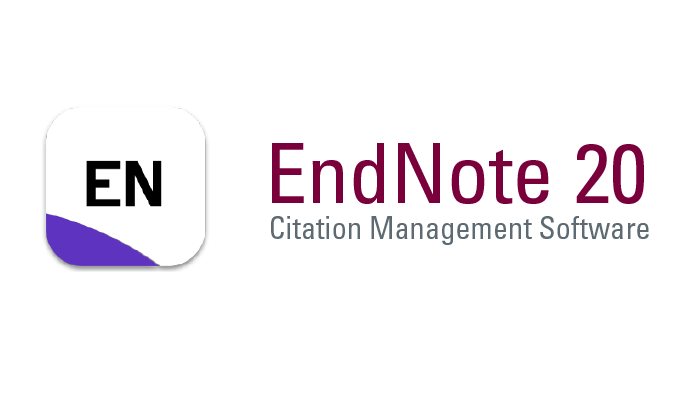ANALSIS MODEL PEMBELAJARAN IMAM AL-GHAZALI DALAM KITAB IHYA ULUMUDDIN
DOI:
https://doi.org/10.47887/amd.v5i1.176Keywords:
learning model, Imam Al-Ghazali, kitab Ihya UlumuddinAbstract
The flow of globalization makes many people and even educators do not understand the theories and educational concepts of previous muslim scholars and philosophers, for example the learning models of Imam Al-Ghazali in the book Ihya Ulumuddin. Formulation problems: 1. What is the learning model of Imam Al-Ghazali in the Ihya Ulumuddin book? 2. How is the relevance of Imam Al-Ghazali’s learning model of Ihya Ulumuddin in current context? The purpose of this study is to analyze the learning model of Imam Al-Ghazali in Ihya Ulumuddin with the contemporary context. This is qualitative research (library research) with a pedagogical approach. The nature of research is descriptive, the data collection served with documentation and techniques content analysis. The results of the study: 1. The learning model of Imam Al-Ghazali in Ihya Ulumuddin is the learning model of tahshil wa waqfah, istikhraju wa aktsaru himam, ikhtilafu bi hal and ‘ilm al-mu’amalah wa al-riyadhah. 2. Imam Al-Ghazali’s learning model in ihya ulumuddin is relevant to contextual, cooperative, problem-based and active learning models. Imam Al-Ghazali’s learning model mentions the steps to discuss and guide students. This learning model is relevant to be applied in this contemporary era.
References
Al-Ghazali, I. (2003). Ihya` Ulumuddin Imam Al-Ghazali. Terjm: Ismail Yakub. Judul Asli: Ihya Ulum Al-Din. Jilid I. Pustaka Nasional Pte Ltd.
Al-Ghazali, I. (2006). Ringkasan Ihya Ulumuddin (G. Komandoko (ed.)). Absolut.
Darwis, A. (2014). Metode Penelitian Pendidikan Islam. Raja Grafindo Persada.
Dhuhri, S. (2014). Dayah Menapaki Jejak Pendidikan Warisan Endatu Aceh. Lhee Sagoe Press.
Hamdani. (2011). Strategi Belajar Mengajar. Pustaka Setia.
Hasballah. (2020). Strategi Pembelajaran Guru Bahasa Arab dalam Meningkatkan Kemampuan Berbahasa Arab Santri Pesantren Alzahrah Bireuen. Magister Pendidikan Agama Islam Pascasarjana IAIN Lhokseumawe.
Khan, M. M. (2012). 100 Muslim Paling Berpengaruh Sepanjang Sejarah. Noura Books Mizan Publika.
Rusman. (2014). Model-model Pembelajaran: Mengembangkan Profesionalisme Guru. PT. Raja Grafindo Persada.
Saebani, B. A. (2008). Metode Penelitian. Pustaka Setia.
Sanjaya, W. (2012). Strategi pembelajaran: Berorientasi standar proses pendidikan. Kencana.
Santi, N. (2020). Model Pembelajaran Pendidikan Agama Islam dalam Menginternalisasi Nilai-nilai Keislaman Siswa SMKN 1 Lhoksukon. Magister Pendidikan Agama Islam Pascasarjana IAIN Lhokseumawe.
Sugiyono. (2015). Metode Penelitian Pendidikan (pendidikan Kuatitatif, Kualitatif, R &D. CV Alfabeta.
Tirtarahardja, U. (2005). Pengantar Pendidikan. Rineka Cipta.
Trianto. (2009). Mendesain Model Pembelajaran Inovatif-Progresif. Kencana Prenada Media Group.
Trihastuti, S. (2015). Model Pembelajaran Ilmu Pengetahuan Alam. https://www.google.com/url?sa=t&source=web&rct=j&opi=89978449&url=https://bpmpjogja.kemdikbud.go.id/wp-content/uploads/2015/07/002.Model-Pembelajaran-ipa.pdf&ved=2ahUKEwjK7qjqm8CJAxXL3TgGHewPCZYQFnoECBgQAQ&usg=AOvVaw0g8Yw-tpDMjmnNrLrN0XNm
Downloads
Published
How to Cite
Issue
Section
License
Copyright (c) 2024 Fazillah Fazillah

This work is licensed under a Creative Commons Attribution-ShareAlike 4.0 International License.
Authors retain copyright and grant the journal right of first publication and this work is licensed under a Creative Commons Attribution-ShareAlike 4.0 that allows others to share the work with an acknowledgement of the works authorship and initial publication in this journal.
All articles in this journal may be disseminated by listing valid sources and the title of the article should not be omitted. The content of the article is liable to the author.
Authors are able to enter into separate, additional contractual arrangements for the non-exclusive distribution of the journal's published version of the work (e.g., post it to an institutional repository or publish it in a book), with an acknowledgment of its initial publication in this journal.
Authors are permitted and encouraged to post their work online (e.g., in institutional repositories or on their website) prior to and during the submission process, as it can lead to productive exchanges, as well as earlier and greater citation of published work.
In the dissemination of articles by the author must declare the Al-Madaris Jurnal Pendidikan dan Studi Keislaman as the first party to publish the article.














